It may be the ultimate Kissinger Dilemma: Donald Trump versus the platform that helped make Donald Trump president. Contemplating war between Iraq and Iran, Henry Kissinger is said to have mused: ‘It’s a pity they can’t both lose.’ It’s a pity Trump and Twitter can’t both lose their current skirmish. On Wednesday, the social media publisher that pretends it’s not a publisher attached a fact-check to a Trump tweet. The President had posted:
There is NO WAY (ZERO!) that Mail-In Ballots will be anything less than substantially fraudulent. Mail boxes will be robbed, ballots will be forged & even illegally printed out & fraudulently signed. The Governor of California is sending Ballots to millions of people, anyone…..
— Donald J. Trump (@realDonaldTrump) May 26, 2020
Trump is concerned that ballot impropriety might cost him re-election, rather than his Covid-19 response or the absence of a wall on the Mexican border. Twitter flagged the tweet with a link, ‘Get the facts about mail-in ballots’, which took users to a statement from Twitter, headed: ‘Trump makes unsubstantiated claim that mail-in ballots will lead to voter fraud’. Citing ‘CNN, Washington Post and others’, the statement said Trump’s tweet was ‘unsubstantiated’ and that, according to experts, mail-in ballots are ‘very rarely linked to voter fraud’.
This was the first time Twitter had taken such a step against a US president. The company said it was enforcing its ‘civic integrity policy’ and that it feared Trump’s tweets ‘could confuse voters about what they need to do to receive a ballot and participate in the election process’. The latter justification is just a little too cute, which shows an awareness that its measures are open to accusations of opinion-policing rather than fact-checking. Twitter also filtered a Trump tweet about rioting in Minneapolis included the line, ‘Any difficulty and we will assume control but, when the looting starts, the shooting starts.’ Twitter said the tweet ‘violated their rules about glorifying violence’.
Donald Trump, being a laidback fellow, has naturally taken this in his stride. So far there’s only been one accusation of an attack on the First Amendment, but then again it’s still early days. The President has signed an executive order ‘preventing online censorship’, which advances a public interest case for regulation of social media along similar lines to the public airwaves. ‘We cannot allow a limited number of online platforms to hand pick the speech that Americans may access and convey on the internet,’ the President proclaimed. Much of this order would require legislation, but Trump can instruct the Federal Communications Commission to investigate how social media blocking policies conform to a company’s Ts&Cs and order executive agencies to review their social advertising and withdraw from where the Justice Department concludes a platform is using ‘viewpoint-based speech restrictions’.
This is a hot mess and it brings out the hypocrite in everyone. Latter-day libertarians on the right who have made freedom of expression their cause are noticeably quiet as the federal government threatens a regulatory and legislative crackdown on a speech platform. Liberal regulation? Communism. Conservative regulation? USA! USA! Meanwhile, progressives for whom the very phrase ‘free speech’ has become a marker of gammonism and who lustily endorse media regulation when it involves reviving the Fairness Doctrine and siccing it on Fox News, are suddenly troubled by the chilling effect of government intervention. This is an inevitable consequence of progressives winning the culture war. Regulating corporate media was fine when corporate media dominated the discourse with ideas progressives didn’t like. Now corporate culture and progressive culture are as one and social media a crop-sprayer for progressive values, regulation is throttling the First Amendment. As for conservatives, they sound just like the progressives they once ridiculed with their fist-shaking against concentrated media ownership and corporate power.
Trump’s executive order is a temper tantrum impersonating an exercise of Article II powers. He got in a slap-fight with Twitter and instead of taking his ball and going home, he wants to set the parameters of all future ball games Twitter participates in. The White House Counsel’s Office should have sat him down with the back of a Denny’s menu and a pack of Crayola for all the legal force this order will exert. But his impetuous directive will make it easier for future occupants of the Oval Office to unleash the might of the federal government against hostile or off-message speech platforms. Conservatives didn’t like it when the Kennedy and Johnson administrations used the Fairness Doctrine to target right-wing radio hosts and Trump’s order is simply a modern version of that bully-boy tactic.
Twitter is no innocent in all this. It poses as a publisher to maximise its First Amendment rights then poses as a content-neutral forum to minimise its responsibilities. There is nothing neutral about Twitter, however, and its corporate politics can be seen. Take Radical feminist Meghan Murphy, who was permanently banned for ‘misgendering’ a transwoman, while users who post tweets inciting others to ‘throat-punch a terf’ remain on the site. This double standard has been the subject of a hearing of the UK Parliament.
Flagging or filtering content from the President of the United States six months from an election opens Twitter up to accusations of partiality. Both parties will dedicate significant resources to getting their opponents’ tweets flagged between now and November. As for Trump’s crass ‘when the looting starts, the shooting starts’ remark, labelling a government threat of force ‘glorifying violence’ will cause Twitter problems down the line.
American politics used to be an argument over the size and role of government. Now it’s a contest between two sets of authoritarians with an unshakeable belief that the future of the republic depends on silencing their opponents. ‘Hate’ is one side’s pretext, ‘bias’ the other’s. Private companies ought to be able do what they like with their products but when Twitter talks up its role in safeguarding the integrity of ‘civic processes’, it sounds like it wants to act as the watchdog of public discourse while insisting there be no watchdog watching it. Because Trump hews to no principle other than his transient impulses, he does not consider that his concept of ‘preventing online censorship’ radically expands the government’s regulatory power to include compelling political speech by private sector publishing platforms.
Whether Trump wins or Twitter does, the result will be less freedom for someone. It really is a pity they can’t both lose.
Got something to add? Join the discussion and comment below.
Get 10 issues for just $10
Subscribe to The Spectator Australia today for the next 10 magazine issues, plus full online access, for just $10.

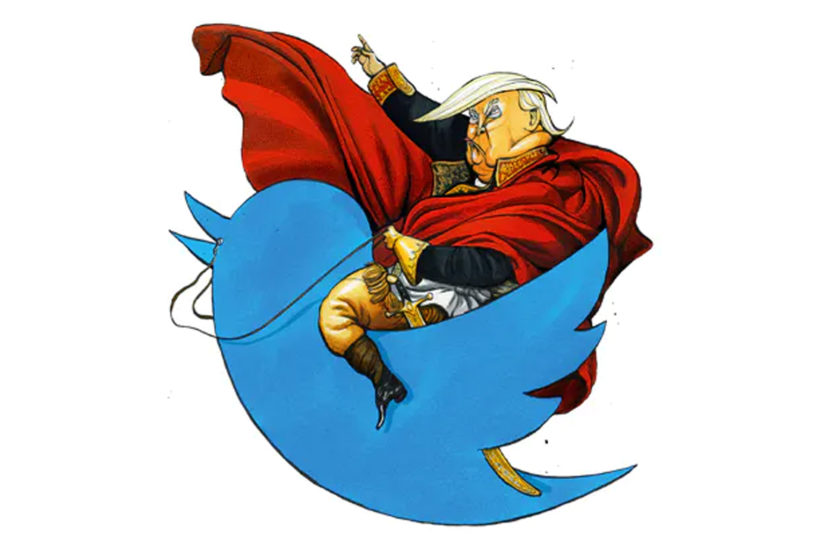
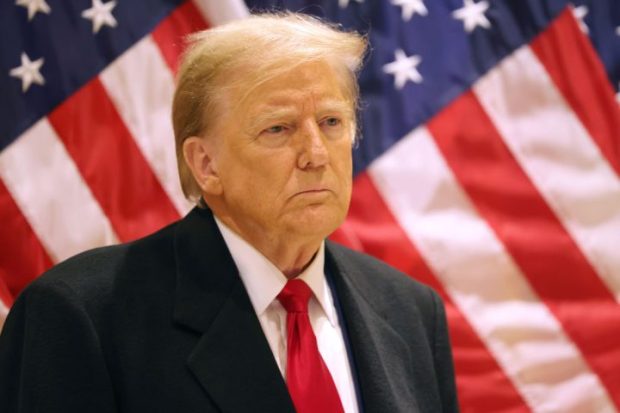
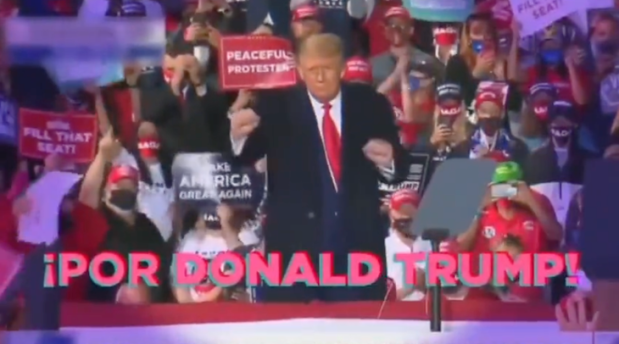

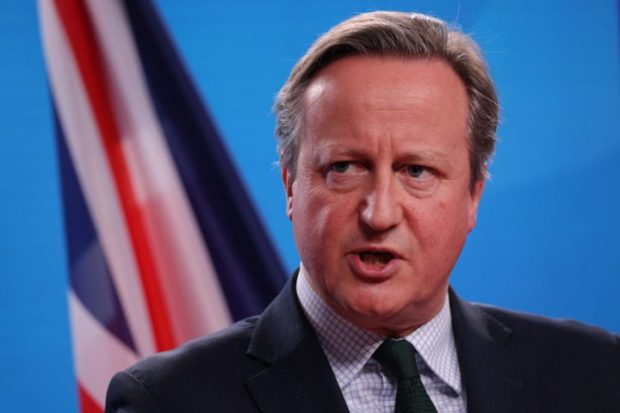

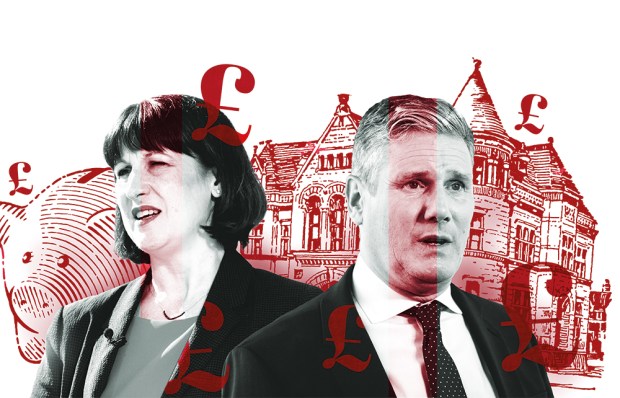












Comments
Don't miss out
Join the conversation with other Spectator Australia readers. Subscribe to leave a comment.
SUBSCRIBEAlready a subscriber? Log in